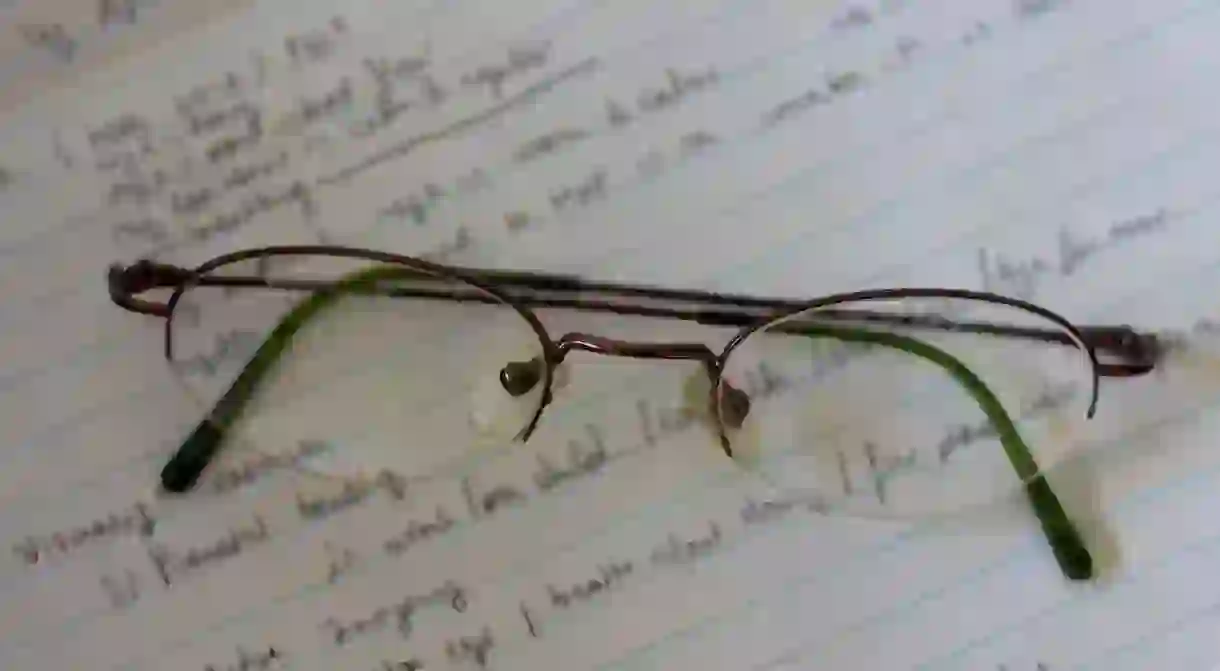The Best New York City Writing Classes and Workshops

You don’t need a single class, workshop, or degree to become a writer. Deciding whether you want to pursue your writing career in the trenches of the publishing industry, develop on your own, or enroll in an MFA course is one of the big decisions every writer gets to make for themselves. But everybody needs a little help now and then, which is why it’s good that there’s all kinds of no-pressure writing classes and workshops in New York. These can provide a sounding board for works in progress, introduce you to experienced novelists, or offer exposure to the life of a professional writer. Below are a few of the best writing classes you can join in New York.
Catapult
Catapult has acquired a sterling reputation in recent years as an independent book publisher and is dedicated to launching writing that’s off the beaten track, unique, and reader/writer-friendly. An affordable alternative to high-price university programs, Catapult’s repertoire of classes offer award-winning workshops given by writers such as Michele Filgate (currently teaching “Building a Writing Career on the Internet”) and Rebecca Schiff (“Making Each Sentence Count”), all given at the publisher’s New York City offices for a flat fee, with small classes ranging in size from just five to eight students.

Sackett Street
One of New York’s most famous workshops is still the best. In the last 14 years, the Sackett Street Writers’ Workshop has launched some 3,500 writers and their alumni have published more than 85 books. Available in-person or online, Sackett Street is the one of the best substitutes to an MFA in the city.

The Center For Fiction
As one of the central arteries of NY literary culture, The Center For Fiction knows that a fledgling writer can feel intimidated by the challenges of writing or overwhelmed by the numerous opportunities that confront them. That’s why they offer intimate classes with award-winning authors in their sky-lit Writers’ Studio, as well as access to their stunning 85,000-volume library for all students.

Gotham Writers’ Workshop
You’ve probably seen flyers for the Gotham Writers Workshop before. There’s a good reason that they’re so well-known, too. They specialize in reading, responding to, and promoting the work of writers at every stage in their evolution, with new classes opening all the time. Consummately affordable and offering everything from fiction and nonfiction to comedy writing and screenwriting, Gotham is the city’s premiere writing workshop.

The Writers’ Studio New York
Poets in particular might want to consider The Writers’ Studio, founded in 1987 by Philip Schultz, a Pulitzer-Prize-winning poet. Informal classes in Brooklyn and Manhattan work to establish trust between students, giving them an immediate community with which to work throughout their careers. Unlike some courses, The Writers’ Studio begins with a Level I class that establishes a common foundation before moving on to other levels of skill, making it a readymade progression that admits amateurs and releases them as professionals.

Cooper Union
The Cooper Union Summer Writing Program takes a unique approach to writing, offering students a three-week course between high school and college that promises to instill essential essay-writing and textual-analysis skills that bridge the gap between entry-level and university-level argument-driven writing. Classes are offered in July for a current fee of $2,500, with an online option for $1,400.

92nd Street Y
The 92nd Street Y is a cultural landmark and they offer open-enrollment courses (with scholarships) for memoirists, critics, poets, and fiction-writers. Offered through the Unterberg Poetry Center, these classes offer the fundamentals of writing both for teens and for advanced students year-round.

Lost Lit
Feeling a sense of loss is central to the writing experience no matter what your background, and Lost Lit, based in Brooklyn’s Boerum Hill, combines questions of identity and place with the passionate pursuit of literature. Founded by Lynne Connor, they emphasize work by writers who feel left out of the current literary environment and work to nurture their sense of voice through intensive, informal workshops that offer specialty classes in writing from grief and “adoption”, meaning those who write to reclaim their identity in unfamiliar surroundings.














